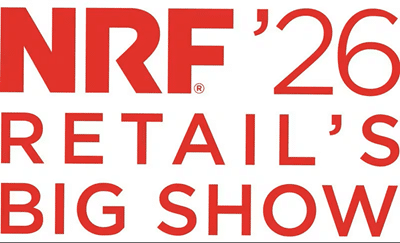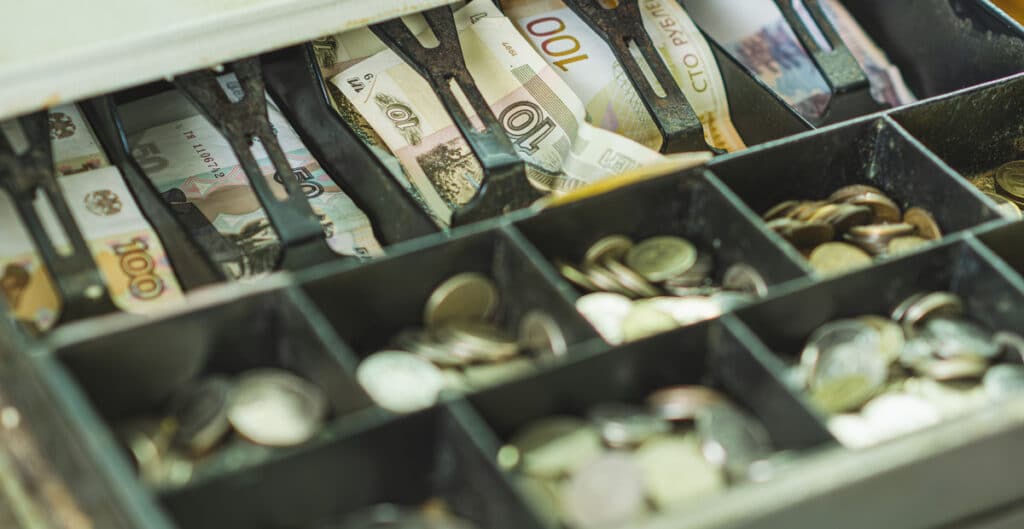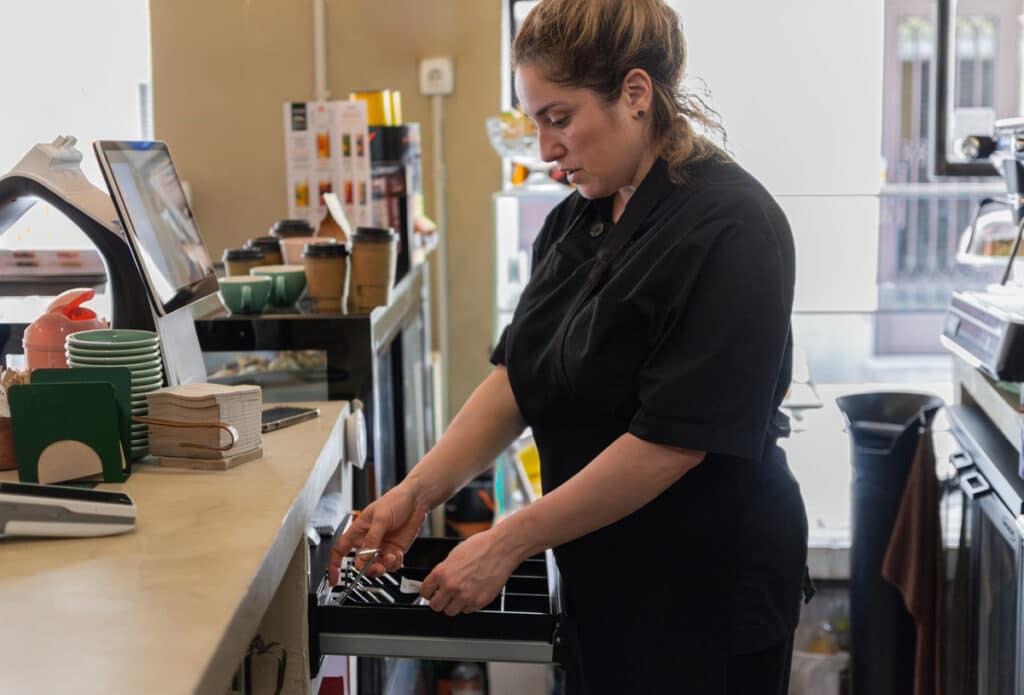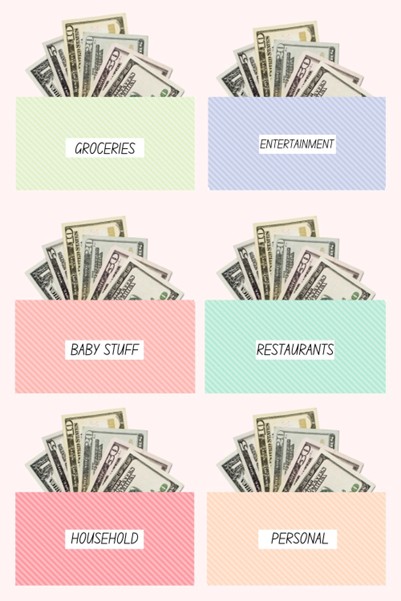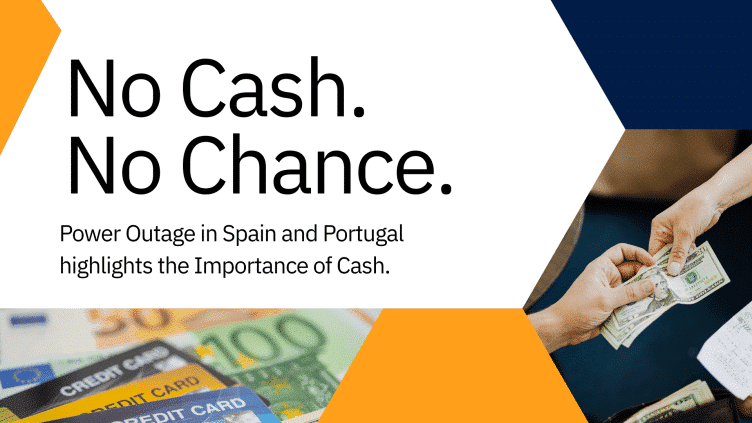In this new blog series, our very own Jef from Sales and Ian, our Solutions Architect, better known as Thelma & Louise, take you along on their retail road trips. They meet shop owners, managers, and cashiers, listen to challenges,...
Continue Reading
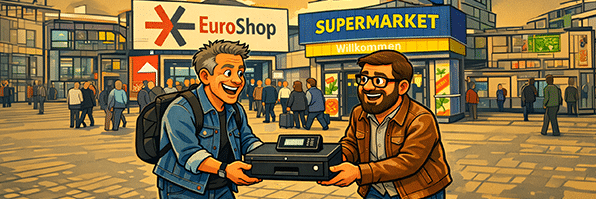
Episode 4 – Countdown to EuroShop: Coffee, Cables, and a smarttill in Action





